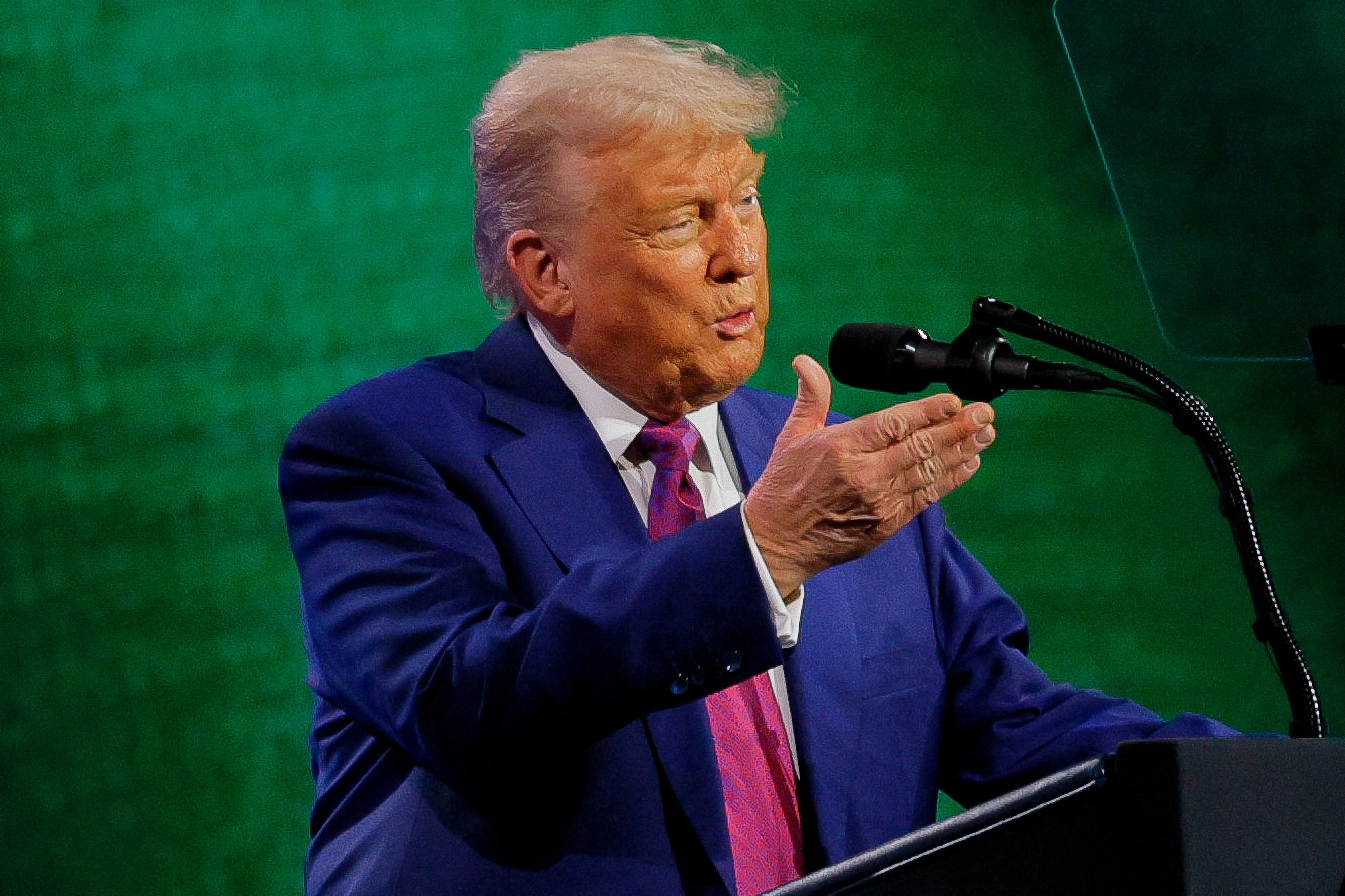In a striking display of political defiance, former President Donald Trump has publicly urged the United States Department of Justice to pursue legal action against what he describes as his enemies. This call to action comes amid a backdrop of ongoing legal challenges that Trump is facing, including various investigations into his business practices and conduct while in office. By framing these legal proceedings as politically motivated attacks, Trump aims to galvanize his base while simultaneously portraying himself as a victim of an overreaching legal system. His statements suggest a belief that charging his adversaries could not only vindicate him but also serve to undermine their credibility and influence.
Trump’s insistence that the Justice Department take action against his perceived enemies raises significant questions about the politicization of the legal system in the United States. Critics argue that such rhetoric undermines the integrity of judicial processes, as it blurs the lines between legitimate legal action and partisan maneuvering. When a former president calls for charges against political opponents, it could set a dangerous precedent, potentially leading to a culture where legal institutions are weaponized for political gain rather than serving their intended purpose of upholding the law impartially.
Moreover, Trump’s remarks reflect a broader trend in American politics where accusations and counter-accusations have become commonplace. The polarization of the political landscape often leads to a scenario where individuals and groups seek retribution against their rivals through legal means. This phenomenon not only complicates the already nuanced relationship between politics and law enforcement but also contributes to an environment of distrust among the electorate. Many citizens may begin to question the motivations behind legal charges, wondering if they are grounded in justice or merely in the pursuit of political power.
As Trump’s calls for legal action resonate with some segments of his supporters, they also serve to ignite tensions within the broader political discourse. The implications of his demands could extend beyond the courtroom, influencing how political campaigns are conducted in the future. The growing trend of using legal threats as a tool for political leverage could lead to further polarization, making cooperation and bipartisanship increasingly elusive. In this climate, the call for accountability, whether it is directed at Trump or his opponents, may become intertwined with political agendas, complicating the pursuit of justice in a democratic society.




